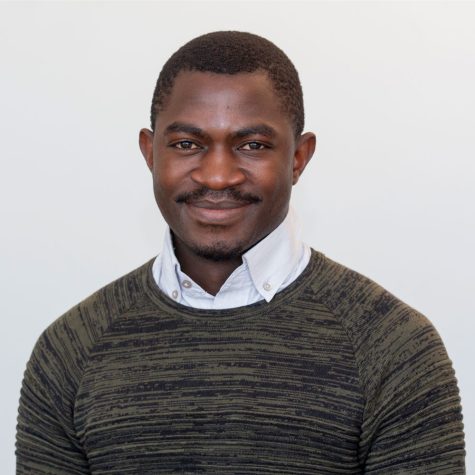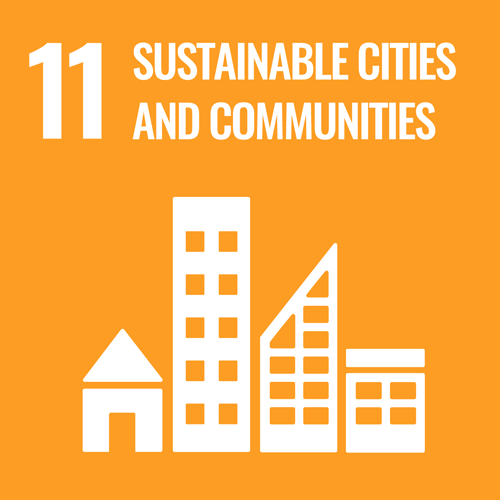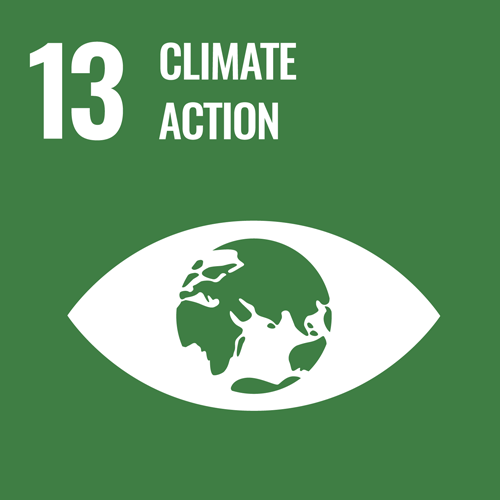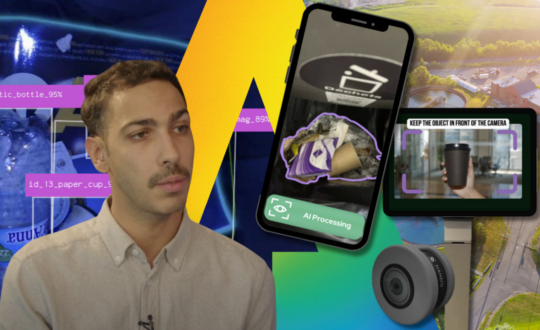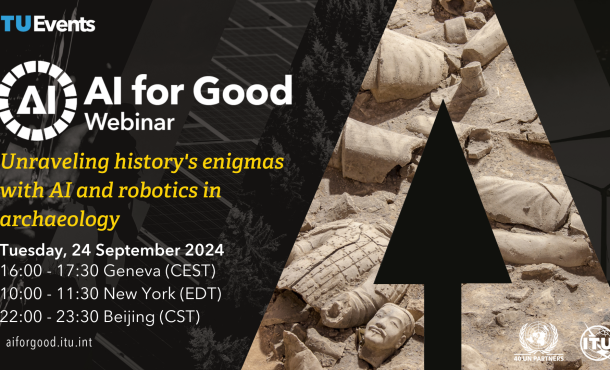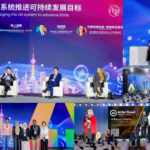Crowdsourced innovation for climate change at COP28

By Thomas Basikolo, Programme Officer, Telecommunication Standardization Bureau, ITU
As countries worldwide grapple with climate change, scientists and innovators are exploring novel ways to mitigate its impacts. Innovative approaches from start-ups using artificial intelligence (AI) in predicting, managing, and combating climate change will be highlighted at the upcoming COP28.
AI’s potential role in addressing climate change is set to take centre stage during a unique segment known as Green Digital Action at COP28, led by the International Telecommunication Union (ITU) together with partners spanning the United Nations, governments, business, and civil society. This track is shedding light on how digital technologies can help us achieve a more sustainable future and how, through collective action, we aim to optimize resource efficiency and curb the growth of e-waste.
Alongside breakthrough sessions featuring new announcements for climate action from across the information and communication technology (ICT) industry, one of the most anticipated aspects of Green Digital Action at COP28 is the “Crowdsourcing AI Solutions for Climate Change” event.
You can watch live here: Crowdsourcing AI Solutions for Climate Change – YouTube
This comprises an AI/ML in 5G Challenge to reduce the energy consumption of 5G networks and an Innovation Factory pitching competition under the AI for Good Climate Change Innovation Factory. The pitching contest has attracted various start-ups, each offering innovative AI solutions to combat climate change.
After rigorous rounds of presentations on specific challenges set out by various UN agencies, the jury has shortlisted five start-ups for the final round of the Innovation Factory on 2 December at COP28 in Dubai.
Here are the finalists:
- Poseidon-AI PTE LTD by Amaj Rahimi Midani was selected as a finalist after addressing the challenge from the International Atomic Energy Agency (IAEA): How can we integrate AI in isotope hydrology studies to support water management and mitigate the world’s water problems?
- TOLBI by Mouhamadou Kebe and Finapp by Angelo Amicarelli tackled a challenge posed by IAEA and the UN Food and Agriculture Organization (FAO): How can AI help estimate soil properties across large areas based on different data collection methods, including infrared spectroscopy, gamma spectrometry techniques and satellite imagery?
- SI Analytics by Yeji Choi and Doyi Kim were selected for the challenge from the UN Educational, Scientific and Cultural Organization (UNESCO): How AI can support flood and drought forecasting, early warnings, and the identification of water-resource vulnerability to climate change?
- And lastly, Bloom by Hamza Mohammed was selected to present and pitch live at COP28 based on FAO’s Food & Climate-smart Agriculture challenge, which asked: How can AI complement the open-source Earth Map to help users identify water-related challenges in specific areas and provide valuable insights and analysis on water resources?
From predicting climatic patterns to optimizing energy consumption, the chosen solutions showcase the vast potential of AI in this crucial global fight.
Notably, the jury has also extended an invitation to Shaun Conway of ixo to present a solution at the next AI for Good Global Summit in 2024, affirming the importance of AI in tackling global issues beyond climate change and helping to achieve multiple UN Sustainable Development Goals.
The upcoming COP28 crowdsourcing event promises to be a significant milestone in the intersection of AI and climate change. As we look forward to the final round of the start-up pitching competition, there is no doubt about AI’s potential to bolster our collective response to climate change.
Stay tuned for more updates on Green Digital Action at COP28 and join ITU’s AI for Good team in celebrating innovative start-ups that are leading the charge in utilizing AI for a more sustainable future.
Thomas Basikolo advises ITU’s Focus Group on Autonomous Networks and coordinates AI for Good activities on machine learning (ML) in 5G.
The original version of this post first appeared on ITU News here.

